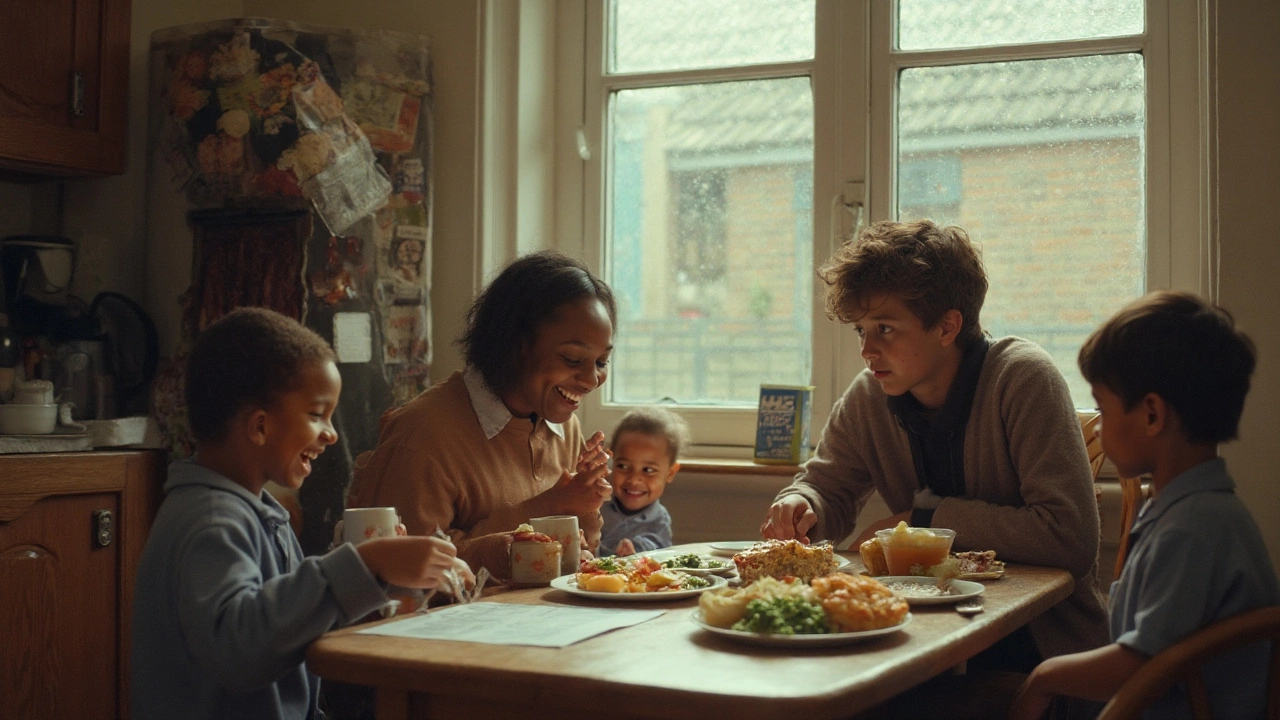Benefits of Family Dinners – Simple Ways to Boost Health and Bonding
Ever wonder why so many families still try to sit down together for dinner? It’s not just tradition – it’s a habit that brings real perks. When you gather around the table, you’re feeding more than stomachs; you’re feeding connections, habits, and even your immune system.
Health Perks of Eating Together
First off, families who eat together tend to choose healthier plates. You’re more likely to serve a balanced mix of protein, veggies, and whole grains when you have to please everyone. Studies show kids who have regular family meals are less likely to over‑eat junk food and more likely to maintain a healthy weight.
Another bonus is better digestion. Sharing a relaxed meal means you eat slower, which gives your stomach time to signal fullness. That simple change can cut down on overeating and keep blood sugar steadier throughout the evening.
And the mental side matters, too. A calm dinner environment lowers stress hormones. When the day’s worries can be talked about over a plate of food, you end the day on a calmer note, which supports better sleep and mood.
Family Connection and Life Skills
Beyond health, family dinners are a natural front‑row seat for relationship building. Kids hear stories, ask questions, and learn how to listen. Those conversations teach communication skills that they’ll use at school and later at work.
Mealtime also offers an easy way to pass down culture and cooking tricks. A grandparent’s secret spice blend or a parent’s quick veggie‑stir‑fry becomes part of the family’s story. When kids help set the table or stir the pot, they pick up practical kitchen skills without feeling like a chore.
Even when schedules get crazy, a short, regular dinner habit can keep the family’s rhythm steady. A 15‑minute sit‑down once a week beats no shared meals at all. Keep it simple: a one‑pan pasta, a quick salad, or even leftovers re‑imagined with fresh herbs.To make dinner work, block the time on the family calendar just like any other appointment. Turn off phones, set a timer for cooking, and make a quick checklist: food, plates, conversation starter. When everyone knows what to expect, getting to the table becomes less of a hassle.
Finally, remember that the goal isn’t perfection. A messy kitchen or a late start doesn’t erase the benefits. The key is consistency – a regular chance to connect, share, and refuel together.
So next time you wonder whether to skip that dinner, think about the little health boost, the stronger bond, and the life lessons you’re gifting. Pull up a chair, pass the carrots, and enjoy the simple power of eating together.
Do Family Meals Make a Difference? Benefits, Research, and Easy Tips


